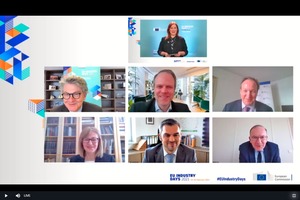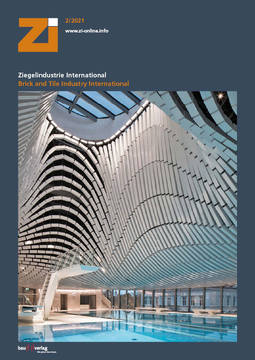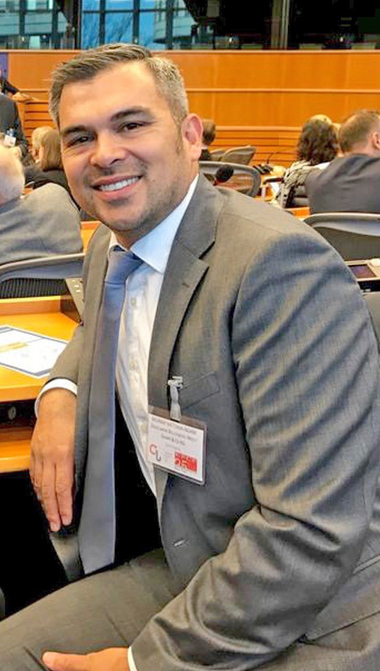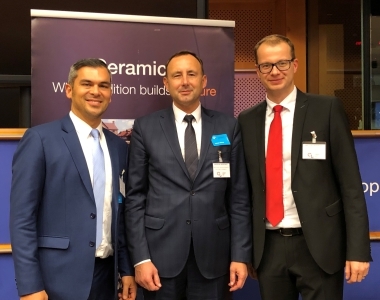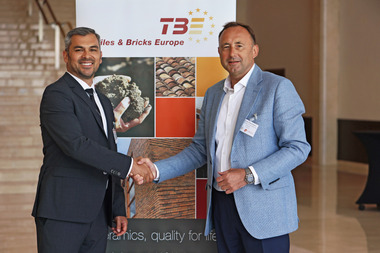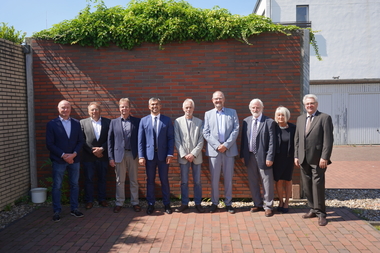EU Industry Days 2021
EU Industry Days is Europe‘s annual flagship event of industry. The event serves as the platform to discuss industrial challenges and to develop opportunities collectively. It also helps to ensure that policies at European, national, regional and local levels work together, thus enabling European industry to create jobs, growth and innovation in Europe. The 4th edition of EU Industry Days in February 2021 focused on the accelerated twin green and digital transition, and the changing global competitive landscape in the post-COVID context.
Diversity and spirit
of innovation
Right on the first day, Murray Rattana-Ngam, General Manager of Ziegelwerk Bellenberg and Vice-President of Tiles and Bricks Europe (TBE), participated in the panel on „Green = growth, or how European companies can champion green transition“ that was moderated by Thierry Breton, EU Commissioner for Internal Market. As a medium-sized entrepreneur as well as chairman of the board of the Brick and Tile Research Institute (IZF - Institut für Ziegelforschung), Murry Rattana-Ngam took the opportunity to present the ceramic industry in its sheer diversity and propensity to innovate. At present, IZF is working on 25 ongoing research projects, with three of them being involved in the subject of hydrogen. „The brick and roof tiles sector is mostly constituted of SMEs, and SMEs are often a birthplace for many innovative technologies,“ emphasized Rattana-Ngam. Moreover, the German brick and tile industry soon expects to see the publication of the roadmap on climate neutrality by 2050. „This roadmap shows the course already taken towards a successful implementation of the climate targets by 2050.“
Certainty in planning
and investment
According to him, nevertheless, there are numerous obstacles that could compromise the achievement of these objectives. In his speech, Rattana-Ngam addressed the certainty in planning and investment, among others, as key factors for a successful transformation towards a greenhouse gas-neutral production of bricks and tiles, referring to necessary stabile boundary conditions. „A climate neutral brick production by 2050 is possible, however, implicates considerable investment costs. Therefore, we need stabile boundary conditions, which include carbon leakage protection, access to hydrogen and competitive energy prices. The countless EU directives and regulations in terms of climate policy need to take the competitiveness of the ceramic industry into account.“ In addition, Rattana-Ngam expressed criticism regarding the time-consuming licensing procedures, when it comes to obtaining climate-friendly electricity by the construction of wind power plants, for example.

